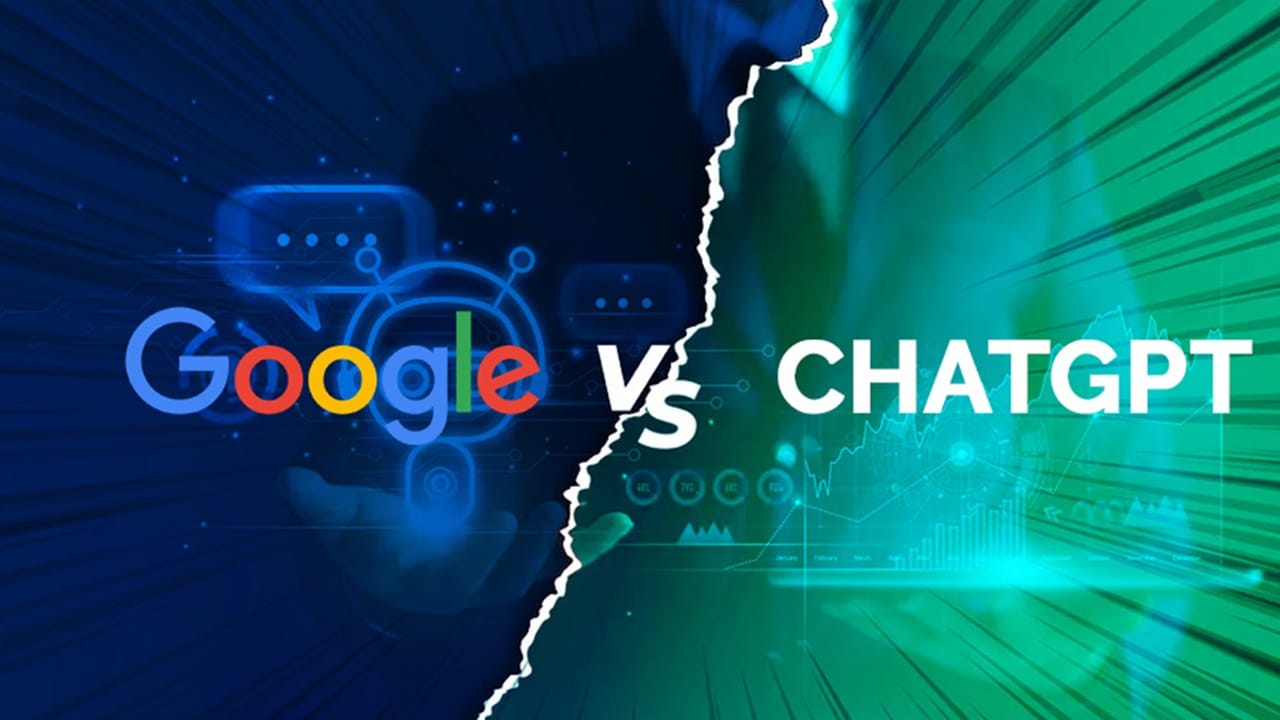The Changing Face of Digital Dominance
Google, one of the most established names on the Internet, has maintained an unrivaleddominance in access to information for years. Offering instant answers to every question andscanning billions of search records in minutes, this giant was almost seen as the fastest andmost reliable way to access information. In recent years, however, another giant has emergedon the scene in a powerful way: ChatGPT, an AI-powered chat model. Developed by OpenAI, this artificial intelligence has begun to shake Google’s digital reign by offering a newalternative in terms of access to information and user experience. So what does ChatGPT’srise against Google mean? Will ChatGPT be the first platform that comes to mind when wethink of search engines in the future?
The Rise of ChatGPT: A New Way to Access Information
ChatGPT is fundamentally a language model, not a search engine. But it has the capacity toreshape how users consume and make sense of information. Instead of a long list, users nowwant short and clear answers, meaningful and in-depth answers to complex questions. WhileGoogle searches often require users to go through many pages until they find the rightanswer, ChatGPT is able to address the user’s question in depth with direct and clear answers.
This makes ChatGPT a much more practical alternative to search engines, especiallynowadays when time is becoming more valuable. For example, a user who needs complextechnical information can get this information in a single answer. In the face of the unlimitedinformation offered by Google, the personalized and customized information offered byChatGPT can lead the user to the result faster.
Features that Shake Google’s Reign
One of the biggest advantages ChatGPT offers over Google is that it structures its answerslike a guide. That is, it doesn’t just give a result, but also provides details to help the userunderstand and access the right information in more depth. This interactive and user-centeredapproach provides a more valuable user experience compared to Google’s classic “search andfind” structure.
In addition, the specificity of ChatGPT’s answers is helpful compared to Google’s wide rangeof information and content complexity. For example, if a user asks for a recipe or technicalsolution, ChatGPT can guide the user step-by-step, whereas Google suggests many differentrecipes or resources. This positions ChatGPT not only as a tool that provides information, but also as an assistant.
Can ChatGPT be an Alternative to Search Engines?
Currently, ChatGPT does not have all the functions of a search engine like Google. Google still has a more comprehensive data pool in terms of speed of access and updateability of information. But ChatGPT has a huge advantage in organizing and personalizing theinformation a user needs. This may make it possible to see it as a search engine alternative in the future.
Especially in certain areas of knowledge, ChatGPT can be a more reliable source of information than Google. For example, in areas such as education, technical guidance orprofessional counseling, ChatGPT provides support beyond its search engine function. Thisallows users not only to access information like Google, but also to get support from artificialintelligence to make sense of this information correctly.
Google’s Moves Against Artificial Intelligence: Bard and Beyond
Google has started to introduce its own AI-powered products, taking into account the impactof ChatGPT and user trends. Google Bard aims to provide more meaningful andcontextualized answers by adding AI features to the search engine. However, Bard has a longway to go. Google’s basic logic is based on providing users with a lot of content. But unlikeChatGPT, Google’s range of content is still based on result lists of pages, which can leaveusers with unnecessary information clutter.
Google’s AI move can be interpreted as a defense strategy against the rise of ChatGPT. However, Google’s real challenge will be to rebuild the structure of its search engine system. Google must develop a system that offers more direct and personalized results in order tomeet users‘ expectations.
What Will Happen in the Future?
The rise of ChatGPT poses a threat to Google’s monopoly on access to information. In thecoming years, ChatGPT or similar artificial intelligence models may be adopted by users as a more reliable and direct source of information. In addition, the fact that ChatGPT is a personalized source of information makes the user experience more satisfying and access toinformation more effective.
In the future, while Google serves as a comprehensive tool for accessing information, AI models such as ChatGPT can take on the role of a guiding, instructive and personal assistant. This could enable users to choose between the two platforms according to their needs. Forexample, when doing research, Google may offer extensive resources, while users looking forguidance on a specific topic may prefer ChatGPT.
The Digital World’s New Power Struggle
The rise of ChatGPT is indeed threatening Google’s reign over access to information. AI’spersonalized answers, user-friendliness and quick access to information are challengingGoogle’s classic search engine structure. Could AI-based platforms like ChatGPT replaceGoogle in the future by offering a more direct and straightforward way of accessinginformation? It’s hard to say for sure yet, but the rise of ChatGPT signals the start of an important power struggle in the digital world.


